Grief leads us down some strange roads. Few, though, can be as peculiar as those charted by Paul Stanbridge in his auto-fictional My Mind to Me a Kingdom Is. This singular and striking book follows a narrator (the extent to which this figure overlaps with Stanbridge is kept teasingly obscure) mourning the suicide of his brother, an isolated, eccentric mathematician.
Yet, while it contains passages of raw tribute, it is a self-consciously tricksy narrative. Stanbridge circles around his brother’s death via some of history’s more overgrown byways, such as ‘Clever Hans’, the mathematical horse, locked-in syndrome and Jean-Jacques Rousseau’s enthusiastic onanism. There’s a suggestion of Olga Tokarczuk’s novel Flights to this omnivorous freewheeling. But Stanbridge’s clearest model is W.G. Sebald. My Mind… is soused in an atmosphere of dreamlike melancholy, and shares Sebald’s concern with lost rivers, landscapes and people. Stanbridge even dots the text with cryptic photographs, like the coloured tacks on a detective’s corkboard – Sebald’s most intimated three-card shuffle.
At first, this mimicry is hard work, especially as these Sebaldian sleights of hand contrast with passages of somewhat impenetrable lyricism. But as the narrative develops, Stanbridge relaxes – a transformation echoed in the way the narrator hauls himself out of grief – and the novel becomes a deeply felt joy. He cracks jokes: as a young man, Rousseau, we’re told, masturbated ‘like a caged bear’. And he begins to come to terms with the prickly multiplicity of his brother, dwelling affectingly on literature’s ability to abrade the rough edges of a life and absolve.
It’s no trite narrative of healing, though. Stanbridge suggests that his brother was too difficult a presence when alive for his absence to be knitted back together through the quiet ministration of time. Instead, like Sebald, he finds that writing is not simply a process of memorialisation but rather a way of being with those who have gone before. At its most powerful, it can be a type of communion, if not communication. ‘The dead,’ he writes, ‘do not need to answer our questions because they are not really dead, merely under a different form or species of matter.’
A short, enveloping read, My Mind… reminds us of the loneliness of loss – and how bewildering grief’s dark roads can be. But also that we need not walk them alone.
Got something to add? Join the discussion and comment below.
Get 10 issues for just $10
Subscribe to The Spectator Australia today for the next 10 magazine issues, plus full online access, for just $10.
You might disagree with half of it, but you’ll enjoy reading all of it. Try your first month for free, then just $2 a week for the remainder of your first year.

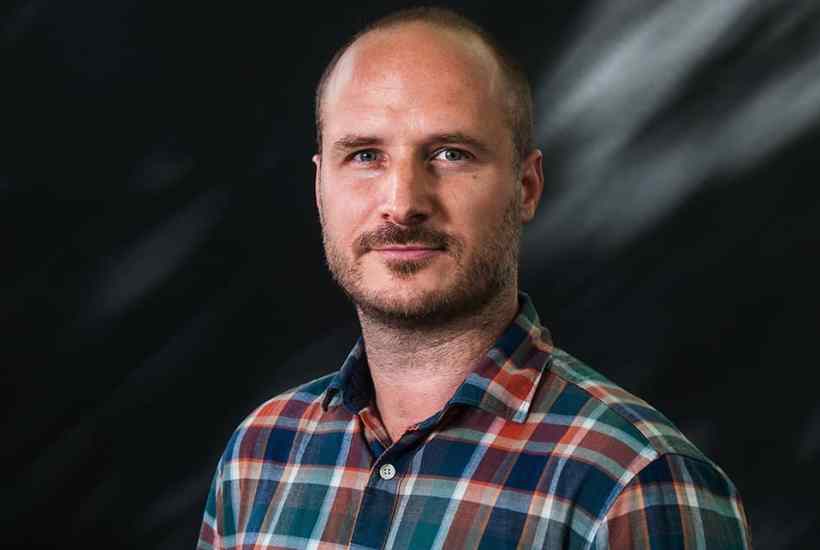
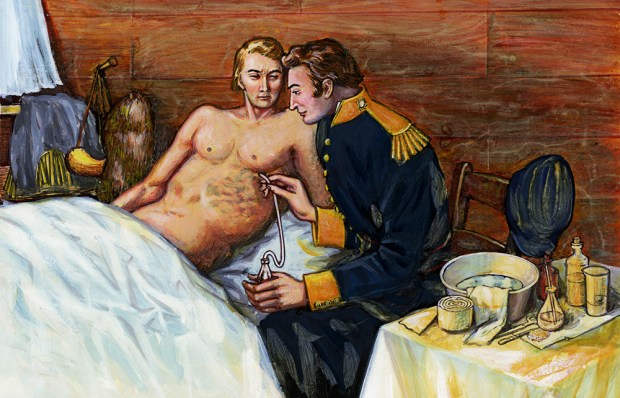
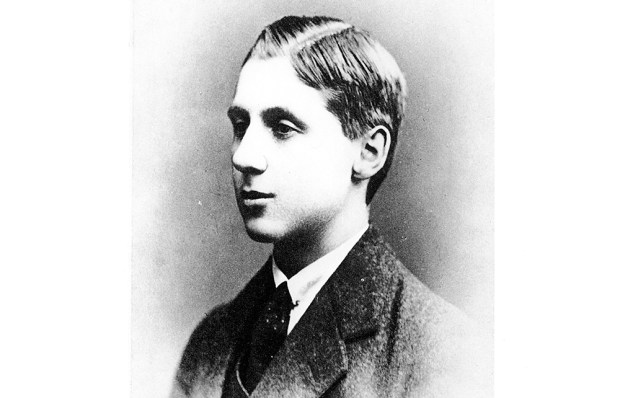

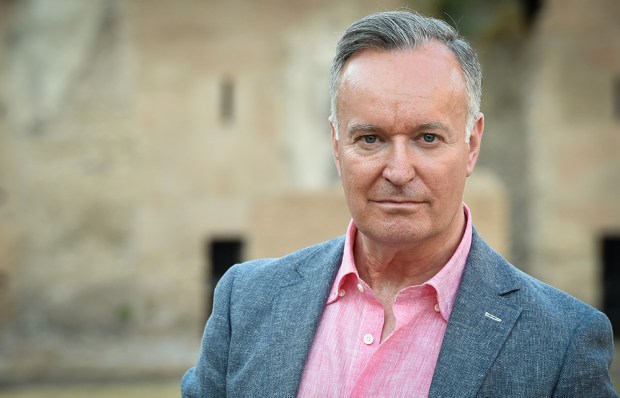

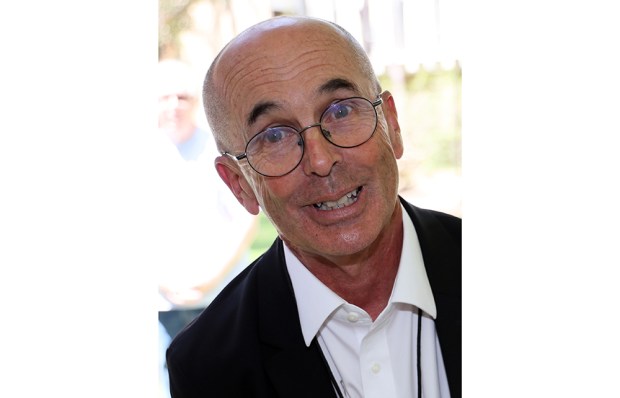






Comments
Don't miss out
Join the conversation with other Spectator Australia readers. Subscribe to leave a comment.
SUBSCRIBEAlready a subscriber? Log in